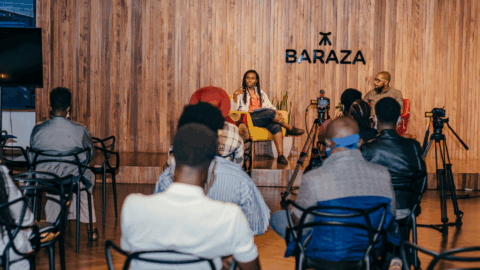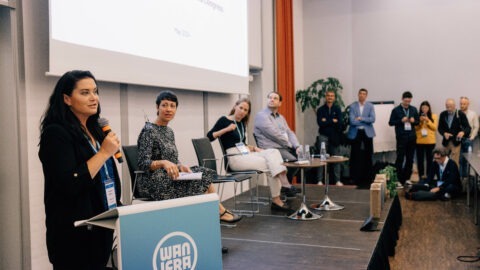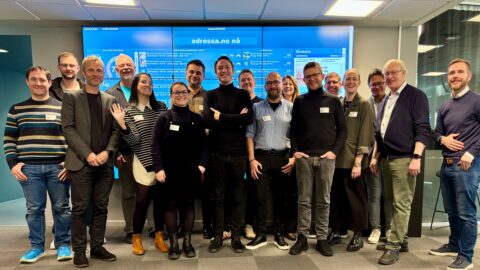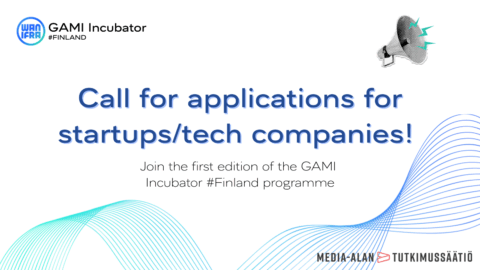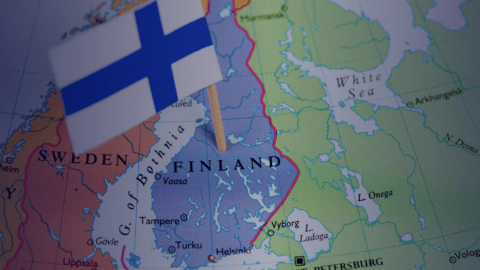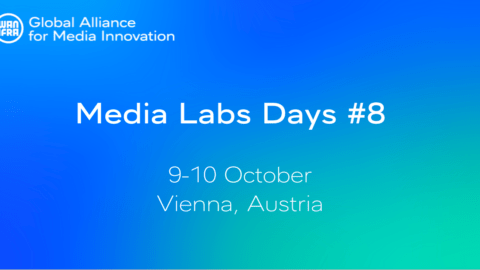AI, Misinformation, and the Future of Journalism: Insights from Media Labs Days #8 in Vienna
The 8th edition of WAN-IFRA’s Media Labs Days took place in Vienna on 9 October 2024. The event, hosted by the Mediengruppe Wiener Zeitung gathered media labs, academics and startups around discussions on innovation and transformation processes, the use of generative AI and the problem with misinformation.
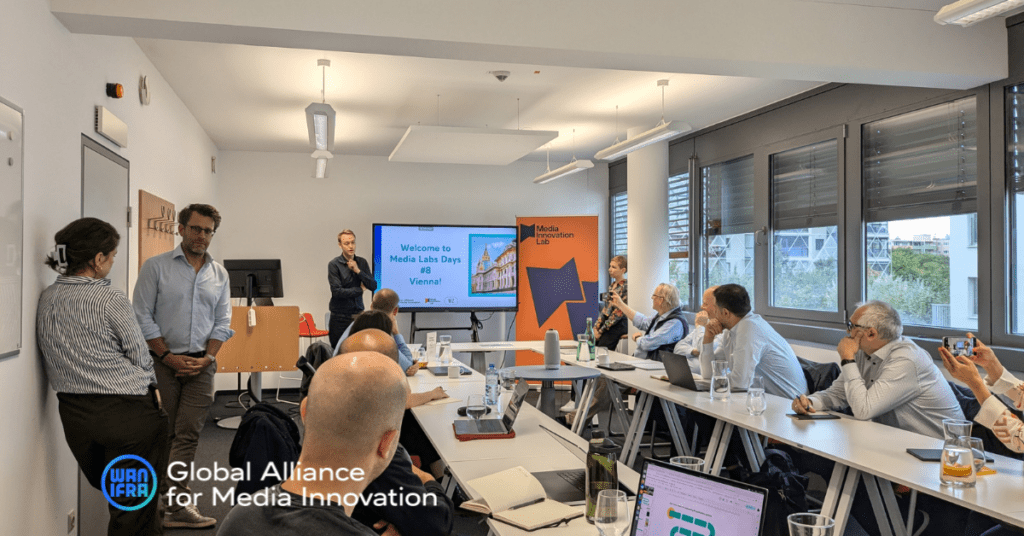
The Viennese media innovation scene
The event started with an introduction from Markus Graf, COO at Mediengruppe, Wiener Zeitung, who presented the transformation and initiatives implemented by the Wiener Zeitung to face the challenges of the newspaper and attract a younger audience. The main focus for the last couple of years has been to build a stronger online presence: the newspaper is mainly accessible online and they prioritise the use of social media. The printed version of the Wiener Zeitung was completely restructured and is now available once a month, in a small magazine-type format while it was printed daily before. The group also premiered several initiatives to support innovation and change.
- The 360° traineeship programme, presented by Elisabeth Woditschka, Lead 360° Traineeship Program, Mediengruppe Wiener Zeitung, started in 2021 and aims to guide and bring young journalists to work in several Austrian newsrooms (WZ, Der Standard, APA, Die Furche etc). Selected trainees spend about four months learning how to evolve in a real work environment but also bringing their new skills to the editorial departments of the Wiener Zeitung’s media partners. The traineeship was designed after a research among employers, employees but also readers to have a traineeship that is adapted to the market needs
- Among their initiatives, the newspaper also developed a Centre for Media Literacy, presented by Katharina Hahn, Centre of Media Literacy, Mediengruppe Wiener Zeitung, which aims to support media professionals to develop media literacy content for their channels. They have a strong focus on social media and work with content creators to develop media literacy targeted to younger generations.
- The Wiener Zeitung also developed their Media Innovation Lab, led by Alexandra Folwarski, Lead Media Innovation Lab, Mediengruppe Wiener Zeitung, which aims to incubate startups. The Lab developed three main programmes:
- The Fellowship programme: during nine months, media tech startups are supported in the development of innovative technologies for media companies
- The Inkubator programme includes startups at different developement stages of their ideas, that will be supported for three months to develop their product.
- The Alumni programme: to be able to connect with other startups and learn from them
To close the panel dedicated to the Viennese and the wider Austrian media scene, Nicky Deluggi, Media Innovation and Sustainability Project Officer at the International Press Institute (IPI) presented the organisation, a network of editors, media executives and journalists dedicated to media freedom. She highlighted their programme Media Innovation Europe which is a new initiative empowering newsrooms to achieve editorial independence and financial sustainability. In particular, their Local News accelerator programme and IPI’s revenue roadmap, a toolkit to rethink and develop solutions to future-proof the media’s editorial strategy, technology and business model.
Entering an age of radical collaboration !
The next session was designed as a discussion around innovation processes aiming to confront different positions, angles and point of views. Introduced by Anita Zielina, CEO of Better Leaders, this set the scene to question how labs and innovation units could jointly build the foundation for a new media ecosystem. According to Mrs Zielina, the four elements that can change the media industry are:
- Convenings: exchanging perspectives, exchanging best practices. She added: “Innovation labs can become the curators of these experiences and should start to curate the new technologies such as AI”
- Capacity building: Empowering media leaders, journalists, entrepreneurs for the transition
- Co-creation: by building new products, experimenting with new technologies
- Connectivity: building integrated ecosystems, as well as trust ecosystems
This talk was followed by a discussion on the importance of innovation processes and the way media labs can contribute to the change. Panellists all insisted on the importance of collaboration and learning from each other, whether your workplace is a newsroom, or a media startup incubator.
Generative AI: case studies, opportunities and challenges
The afternoon kicked off with a focus on the hot topic of the moment: Generative AI, notably its opportunities and challenges.
Markus Keibliner, managing partner at Texterous, a startup developing a technology to enable the use of large amounts of data for AI applications. He was followed by Christoph Hanausek, founder of VaibeCraft, a startup which trains AI to reproduce the appearance, attitudes and movement of people on photos to replicate and create new images. Maria Amelie, CEO & co-funder of Factiverse presented their AI-powered fact-checker to empower knowledge professionals to verify information. To finish, Naunidh Virk, Senior Data Analyst and Jonas Rüegsegger, Senior Engineer, presented the AI Lab of Tamedia, which integrates AI tools for journalists and organises in person workshops to teach journalists to use AI.
The discussion, moderated by Christophe Israël, Consultant Digital transformation, Editorial strategy, was centred on the use of AI. Panellists insisted on the importance of transparency, notably by setting up some guidelines for its use. Christoph Hanausek highlighted the need for education of the users of AI and for media organisations to be able to trust these new tools. The panel finished by discussing the cultural change driven by AI in the companies as an accelerator of digital change and the need to onboard media professionals on the use of AI tools.
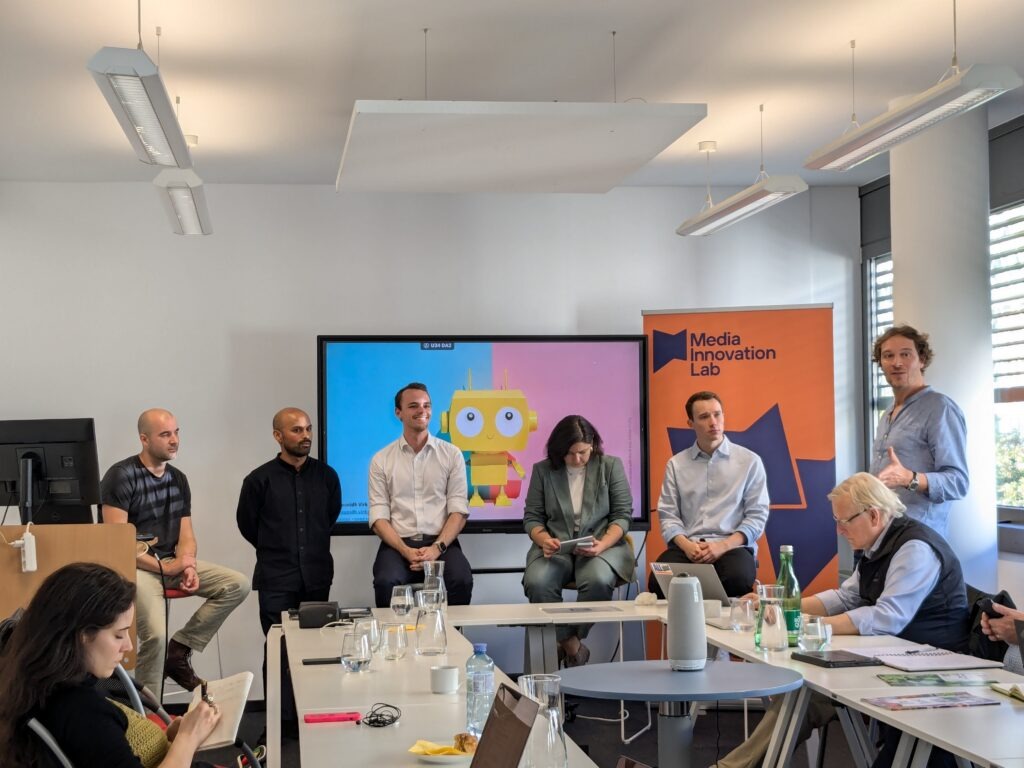
The following panel covered the concept of media data spaces. Diana Silva Franco, Journalist, Communications, TEMS project, introduced the subject by interviewing Véronique Demilly, France TV, and Rüdiger Baumberger, Prokurist & Director Content, APA-DeFacto, about the definition of a data space which consists of a federated data ecosystem based on shared policies and rules that enable specific use cases between trusted data holders, data consumers, apps, infrastructure and service providers. This was the opportunity to introduce the TEMS (Trusted european media data space) project, funded by the European Commission. The project, gathering 42 partners, including WAN-IFRA, EBU, France Télévisions, Orange, AFP, dpa and APA) aims to create a data space for the media industry.
New labs from our community
Two new media labs joined WAN-IFRA’s Global Alliance for Media Innovation: HibridLAB in Kosovo and the Initiative for Media Innovation (IMI), EPFL in Switzerland.
Shkelzen Osmani, CEO of Hibrid.info and HibridLAB presented his Lab, founded in 2020, that focuses on fact checking. The lab developed five different apps:
- Media transparency: the app evaluates the transparency of media outlets by analysing factors such as ownership, finding and editorial standards.
- Clickbait checker: the app identifies sensationalist headlines and misleading content, alerting the user before they click on articles
- Claim identifier: identification of suspicious articles and provides verified articles
- Media Literacy Game: a game designed to increase critical thinking skills
- Information Credibility: the app offers a personalised feed of credible news sources
To close the session, Mounir Krichane, Director, Initiative for Media Innovation (IMI), EPFL, presented the work of IMI, based at the EPFL. IMI is an alliance between academia and the media industry, supported by EPFL and other entities to support media companies in their digital evolution. The IMI has been focusing on research projects to push academic research in various fields (digital journalism, AI, digital trust), they also organised student events on computer science for design and journalism students and training courses for media professionals, led by academic experts in AI, data science and digital journalism.
Scenarios on the Future of Media
The day finished with a presentation from Noora Alanne, Executive Director of the Media Industry Research Foundation of Finland and Director of New Growth at Finnmedia, of a report presenting four scenarios for the future of Media. The report, published by the media Industry research Foundation of Finland, presents four potential scenarios until 2035: “Media on a Continuum”, “Battle for Information”, “Renaissance of Journalism”, and “Power of Entertainment”. The report, recently published, brought together more than 175 experts from various media organisations to reflect on the future of media.
The next edition of the Media Labs Days, number #9 will take place in Helsinki in March 2025.

